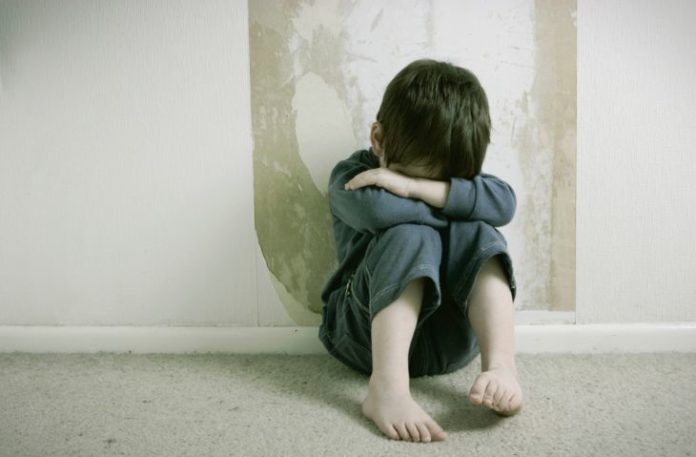Child abuse experts say psychological abuse can be as damaging to a young child’s physical, mental and emotional health as a slap, punch or kick.
While difficult to pinpoint, it may be the most challenging and prevalent form of child abuse and neglect, experts say in an American Academy of Pediatrics (AAP) position statement on psychological maltreatment in the August issue of the journal Pediatrics.
Psychological abuse includes acts such as belittling, denigrating, terrorizing, exploiting, emotional unresponsiveness, or corrupting a child to the point a child’s well-being is at risk, said Dr. Harriet MacMillan, a professor in the departments of psychiatry and behavioural neurosciences and pediatrics of McMaster University’s Michael G. DeGroote School of Medicine and the Offord Centre for Child Studies. One of three authors of the position statement, she holds the David R. (Dan) Offord Chair in Child Studies at McMaster.
“We are talking about extremes and the likelihood of harm, or risk of harm, resulting from the kinds of behavior that make a child feel worthless, unloved or unwanted,” she said, giving the example of a mother leaving her infant alone in a crib all day or a father involving his teenager in his drug habit.
A parent raising their voice to a strident pitch after asking a child for the eighth time to put on their running shoes is not psychological abuse, MacMillan said.” But, yelling at a child every day and giving the message that the child is a terrible person, and that the parent regrets bringing the child into this world, is an example of a potentially very harmful form of interaction.”
Psychological abuse was described in the scientific literature more than 25 years ago, but it has been under-recognised and under-reported, MacMillan said, adding that its effects “can be as harmful as other types of maltreatment.”
The report says that because psychological maltreatment interferes with a child’s development path, the abuse has been linked with disorders of attachment, developmental and educational problems, socialization problems and disruptive behaviour. “The effects of psychological maltreatment during the first three years of life can be particularly profound.”
This form of mistreatment can occur in many types of families, but is more common in homes with multiple stresses, including family conflict, mental health issues, physical violence, depression or substance abuse.
Source: McMaster University











